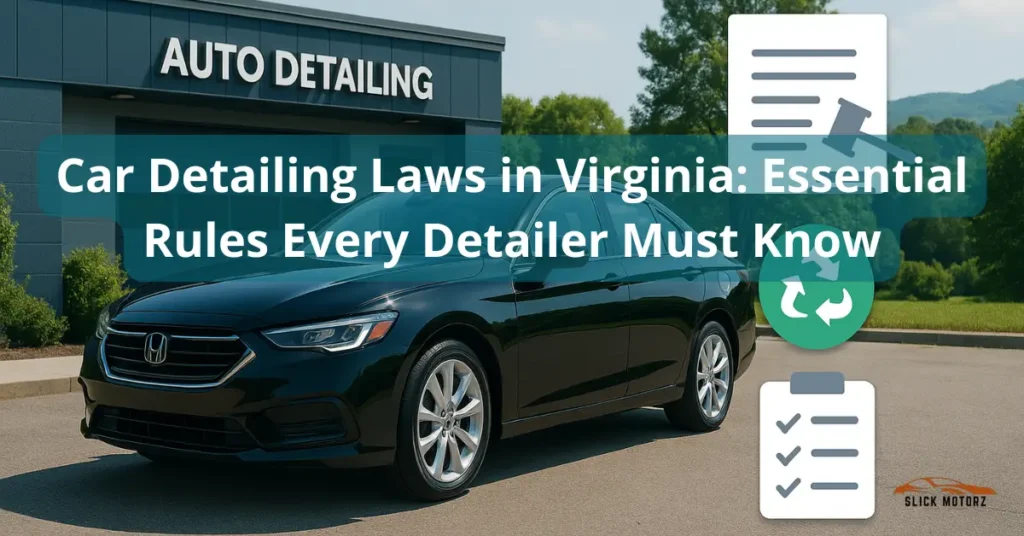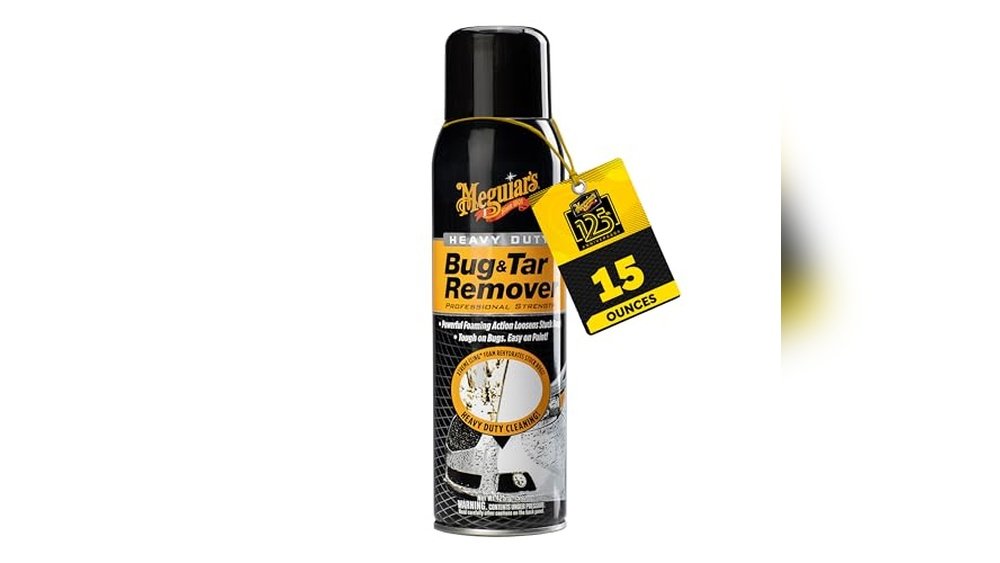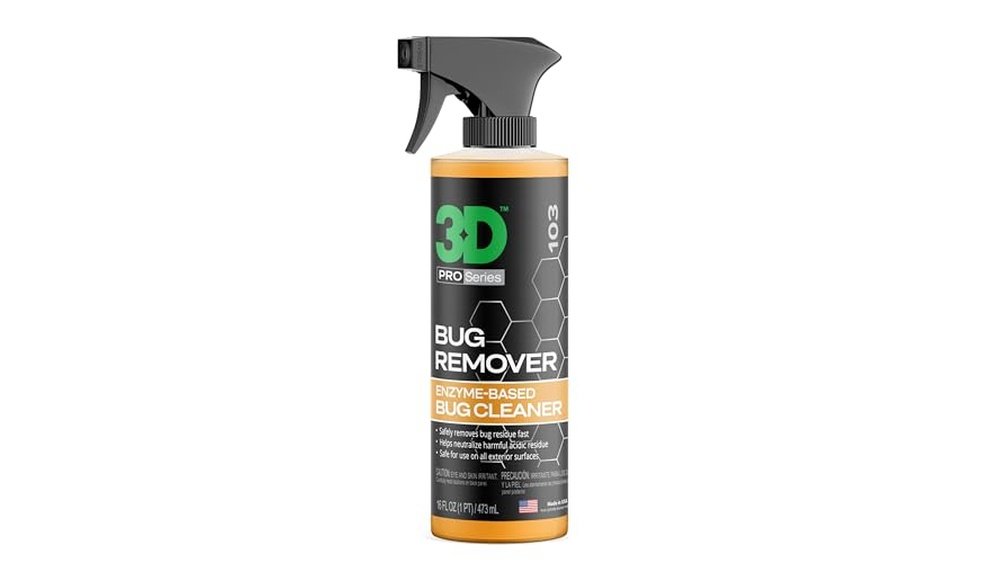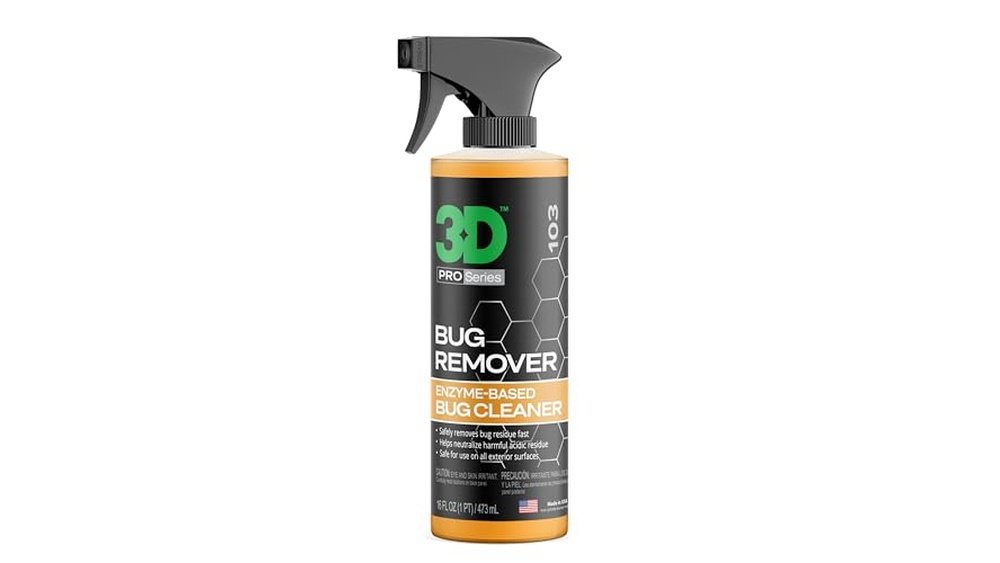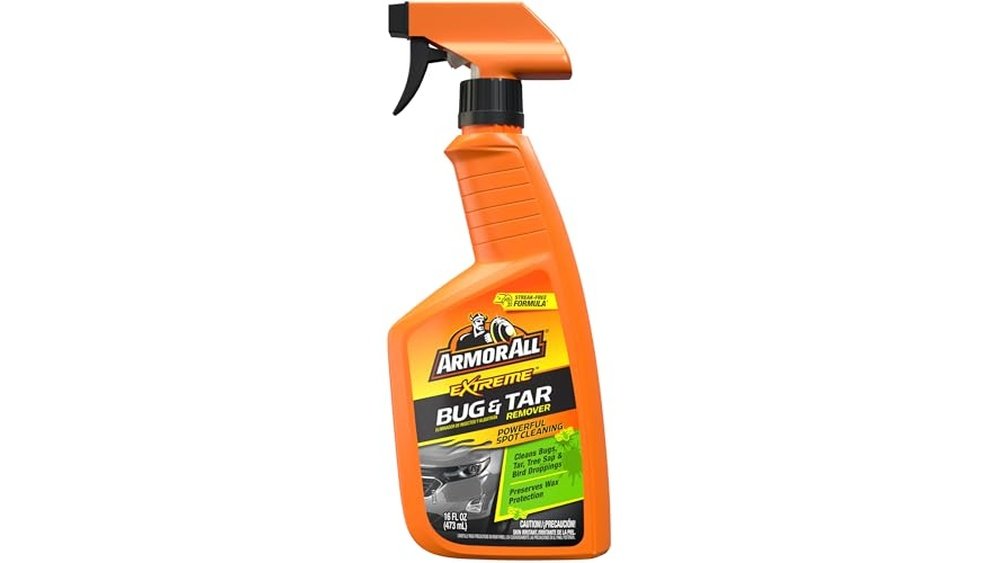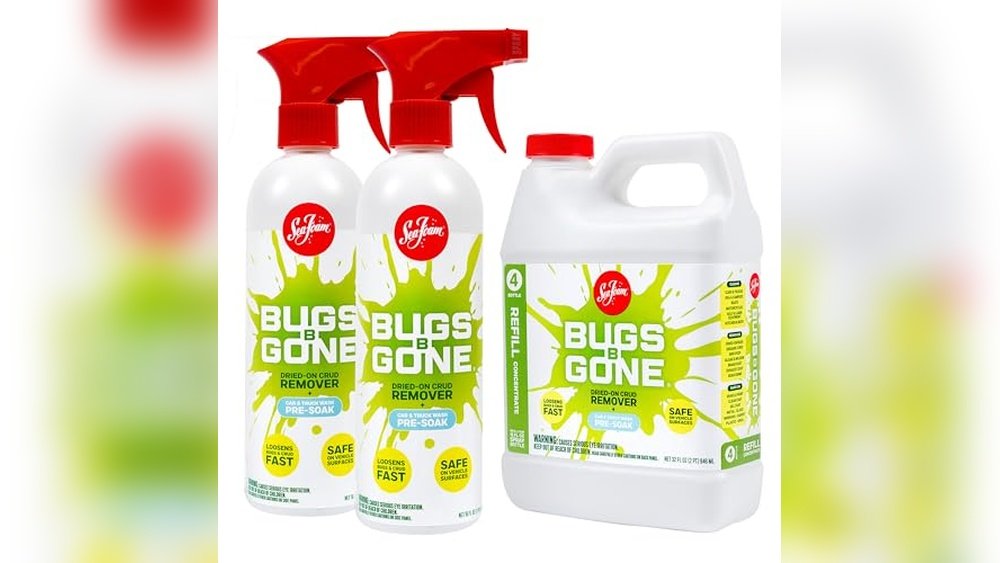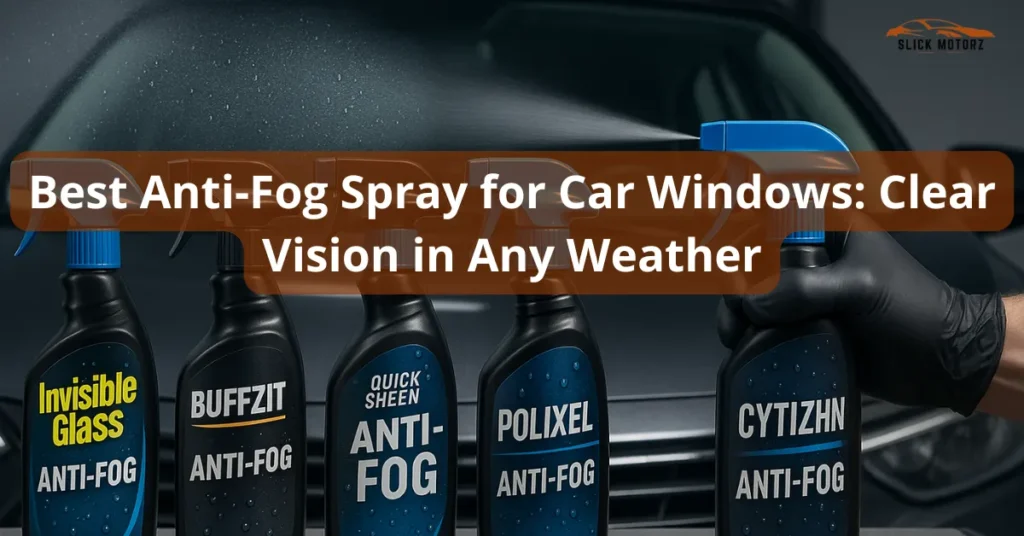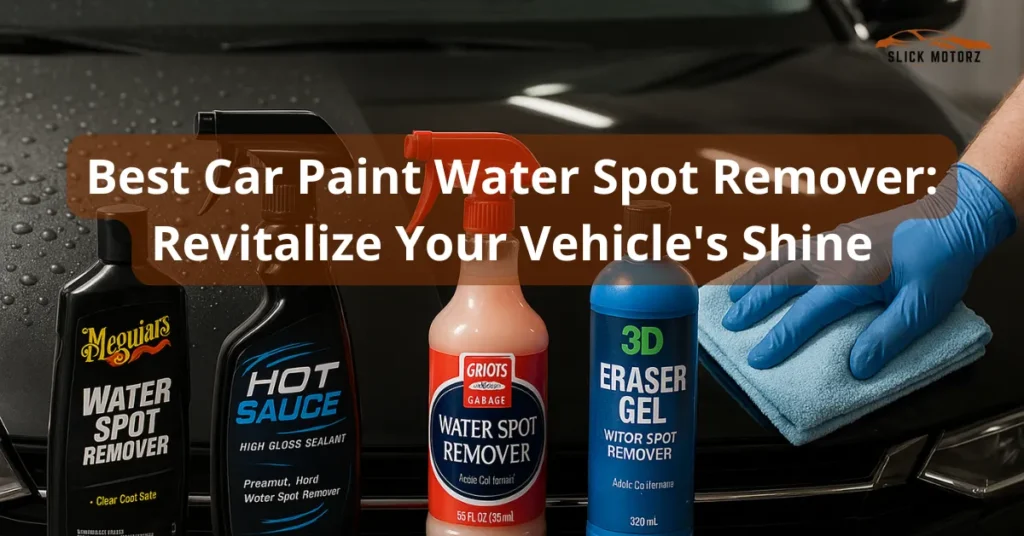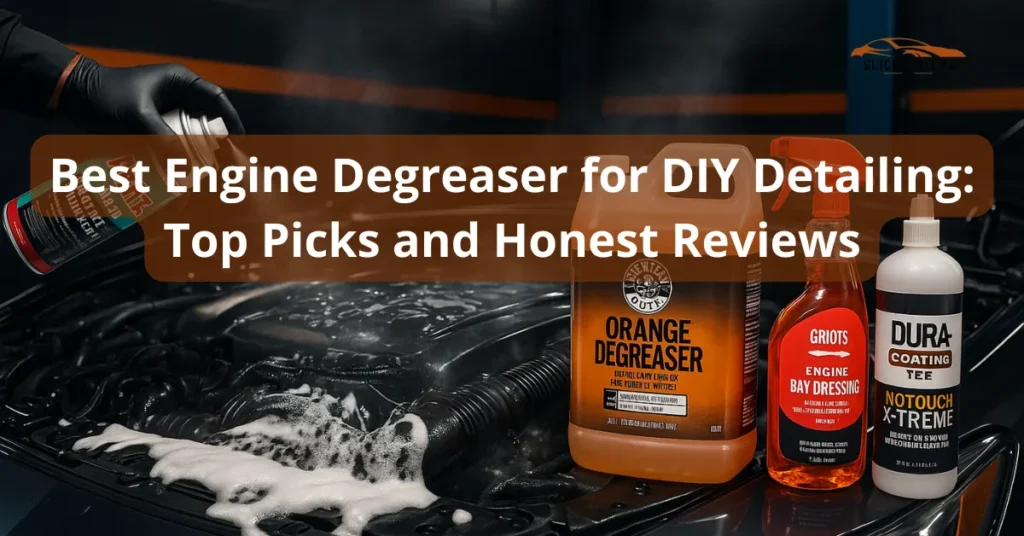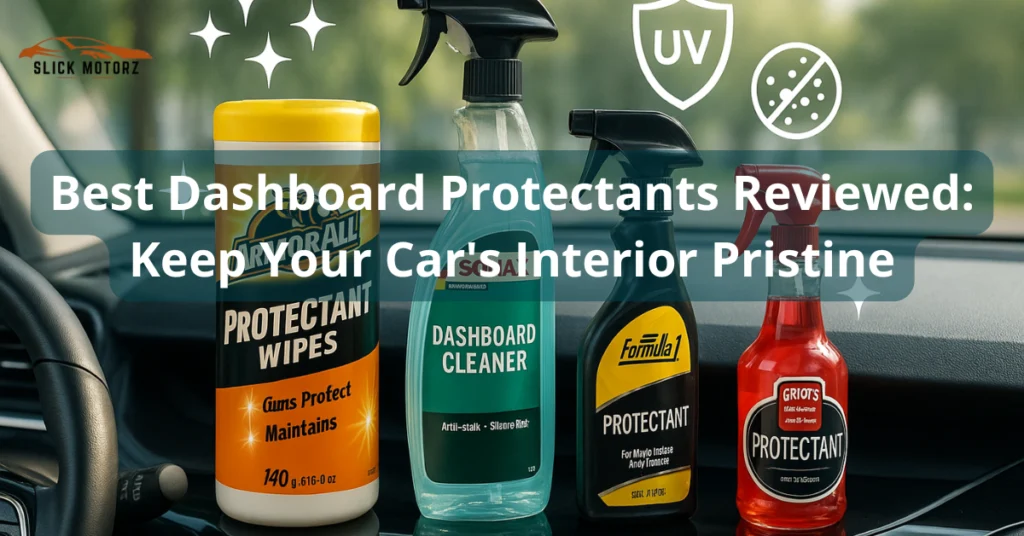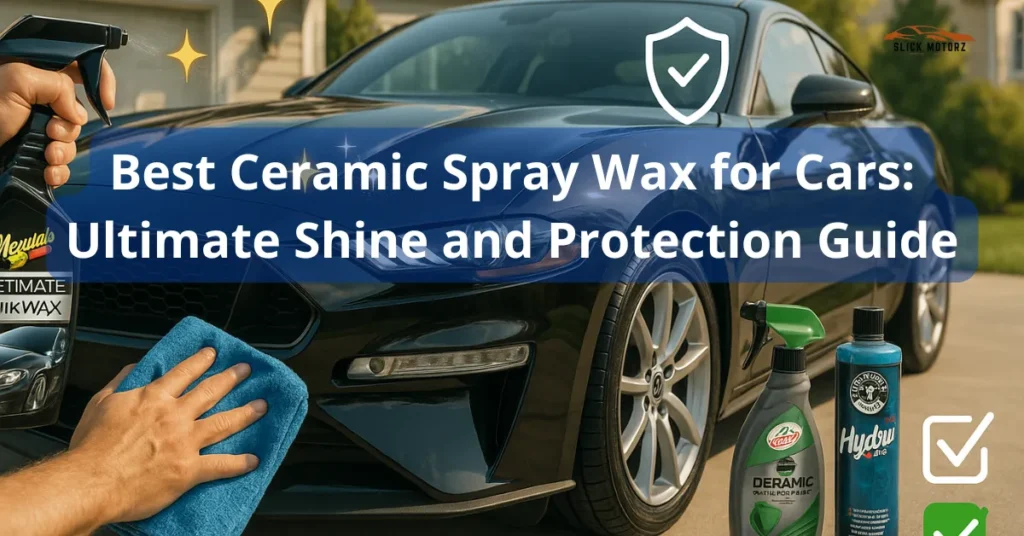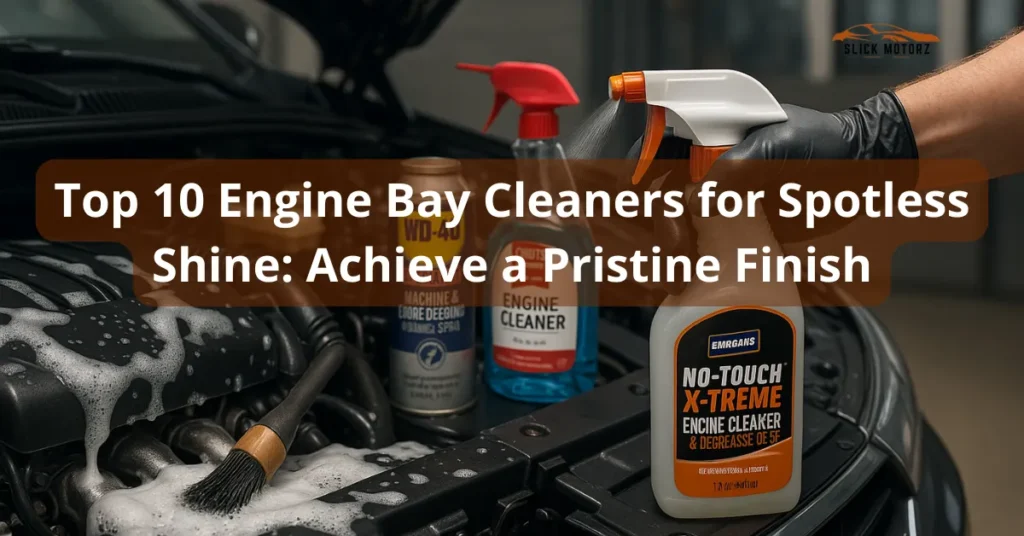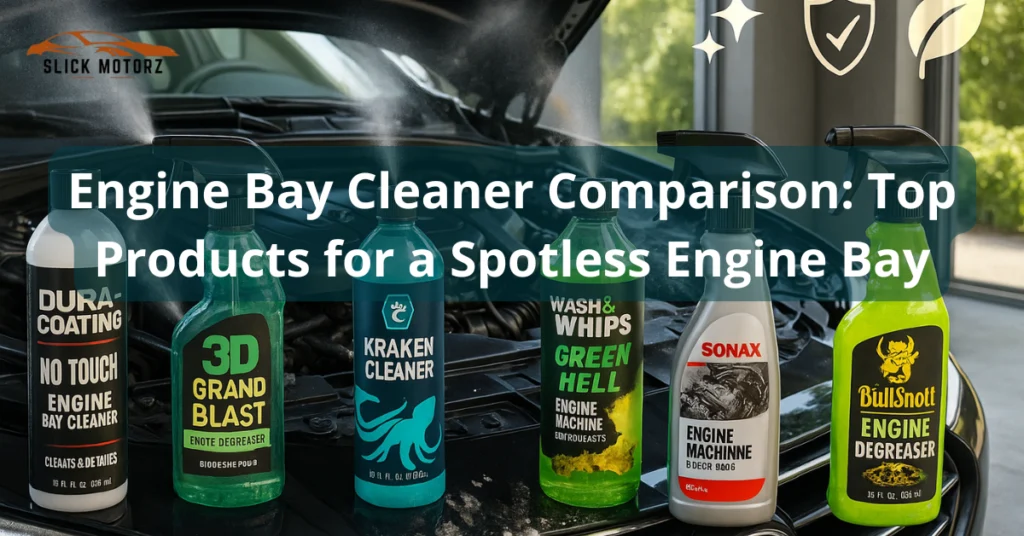If you’re running a car detailing business or simply love keeping your vehicle spotless in Virginia, understanding the local laws is crucial. You might think washing or modifying your car is straightforward, but Virginia has specific rules that can affect what you do and where you do it.
From environmental regulations to safety standards, these laws protect you, your customers, and the community. You’ll discover exactly what you need to know about car detailing laws in Virginia—so you can stay compliant, avoid fines, and run your business smoothly.
Keep reading to make sure you’re not unknowingly breaking any rules that could cost you big.
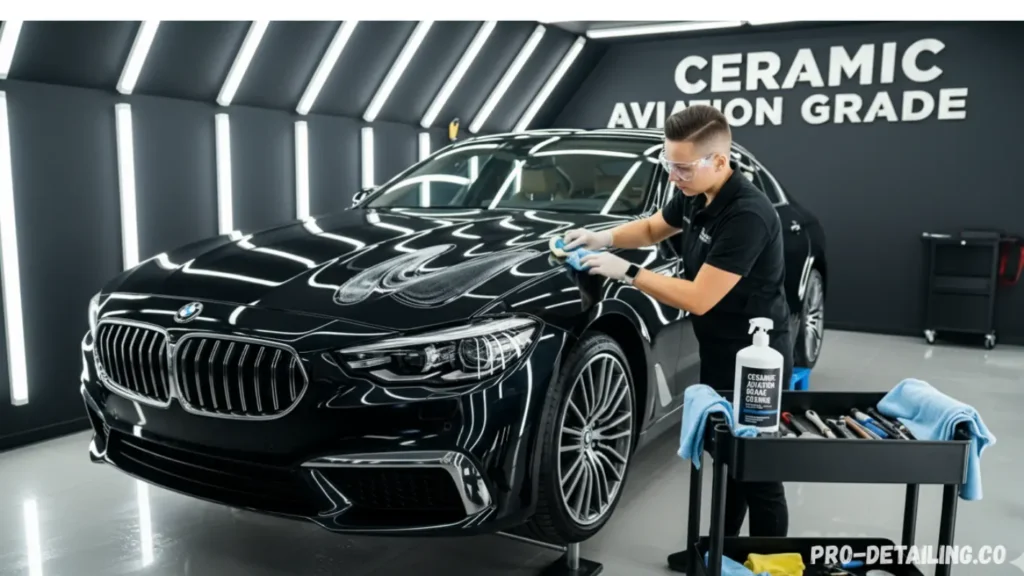
Credit: pro-detailing.co
Licensing And Business Setup
Starting a car detailing business in Virginia requires understanding the licensing and business setup rules. Proper setup helps you run smoothly and follow state laws. Knowing the correct steps can help avoid fines and legal trouble.
Virginia has specific requirements for business registration and licenses. Meeting these rules protects your work and builds trust with customers. Setting up your business right is key to success.
LLC Benefits For Detailers
Forming an LLC shields your personal assets from business debts. It limits your risk if the business faces lawsuits. An LLC also offers tax flexibility and simple management.
Virginia makes it easy to create an LLC for your detailing service. This structure adds credibility and shows professionalism to clients.
Business Registration Requirements
Register your car detailing business with the Virginia State Corporation Commission. Choose a unique business name and file the necessary forms. Obtain an Employer Identification Number (EIN) from the IRS for tax purposes.
Local permits may be required depending on your city or county. Check for any specific licenses related to water use or waste disposal. Follow all rules to avoid penalties and keep your business legal.
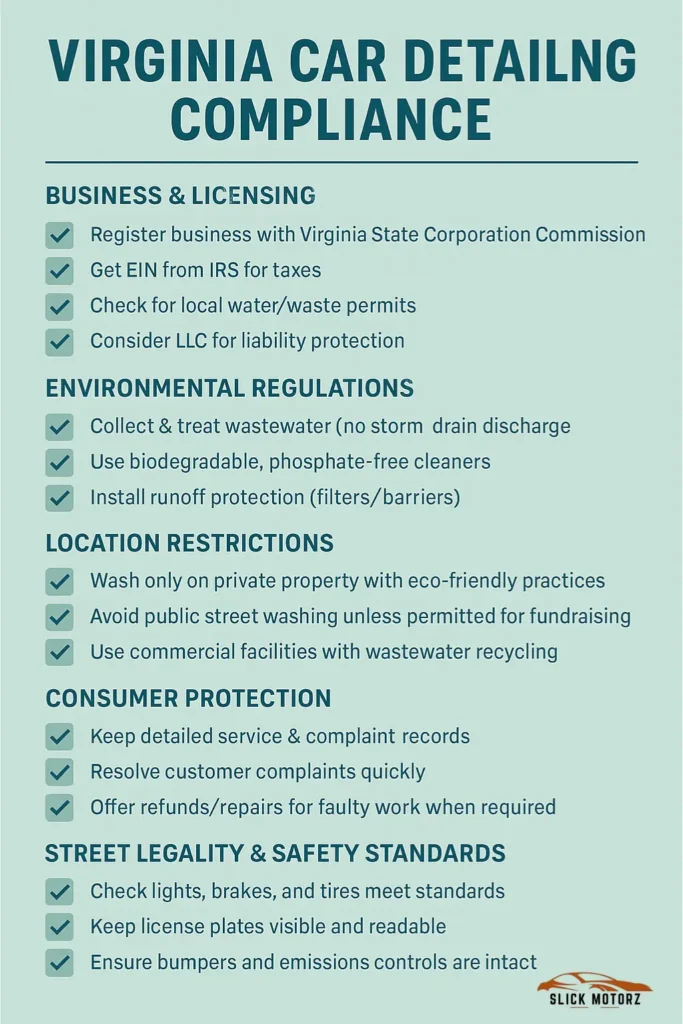
Environmental Regulations
Virginia enforces strict environmental regulations for car detailing businesses. These rules protect water sources and reduce pollution risks. Compliance helps maintain a safe environment and avoid legal issues.
Car detailers must follow guidelines on wastewater, cleaning products, and stormwater management. Understanding these regulations is essential for every business in the state.
Wastewater Discharge Rules
Virginia limits how detailers dispose of wastewater. Wastewater often contains harmful chemicals and oils. Direct discharge into storm drains or water bodies is illegal. Businesses must collect and treat wastewater properly. Use containment systems or licensed disposal services. Regular inspections ensure compliance with state laws.
Use Of Biodegradable Cleaners
Virginia encourages using biodegradable cleaning products. These cleaners break down naturally and reduce environmental harm. Non-toxic, phosphate-free, and water-based cleaners are preferred. Many localities ban harsh chemicals in car washing. Using eco-friendly products helps avoid fines and protects local ecosystems.
Stormwater Protection Laws
Stormwater can carry pollutants from car detailing sites into rivers and lakes. Virginia requires measures to prevent runoff contamination. Businesses must use barriers, filters, or retention ponds. Proper site maintenance reduces sediment and chemical flow. Following these laws keeps public waters clean and supports community health.
Location Restrictions
Understanding location restrictions is crucial for car detailing businesses in Virginia. These rules help protect the environment and ensure public safety. Different places have specific laws about where and how you can wash cars. This section breaks down key location rules you must follow.
Washing On Private Property
Washing cars on private property is allowed with some limits. You must use biodegradable, phosphate-free soaps. Water runoff cannot pollute storm drains or local waterways. Many local governments require using water reclamation systems. These systems capture and treat wash water to avoid contamination.
Public Street Washing Rules
Washing vehicles on public streets is generally prohibited in Virginia. This rule prevents pollution and traffic problems. Some localities allow temporary car washes for fundraising using eco-friendly products. Always check local laws before washing on public roads. Violations can result in fines or penalties.
Commercial Facility Requirements
Commercial car wash facilities must follow strict regulations. These include proper wastewater treatment and disposal. Facilities need permits from environmental agencies. Regular inspections ensure compliance with state and local laws. Using approved cleaning agents and recycling water helps reduce environmental impact.
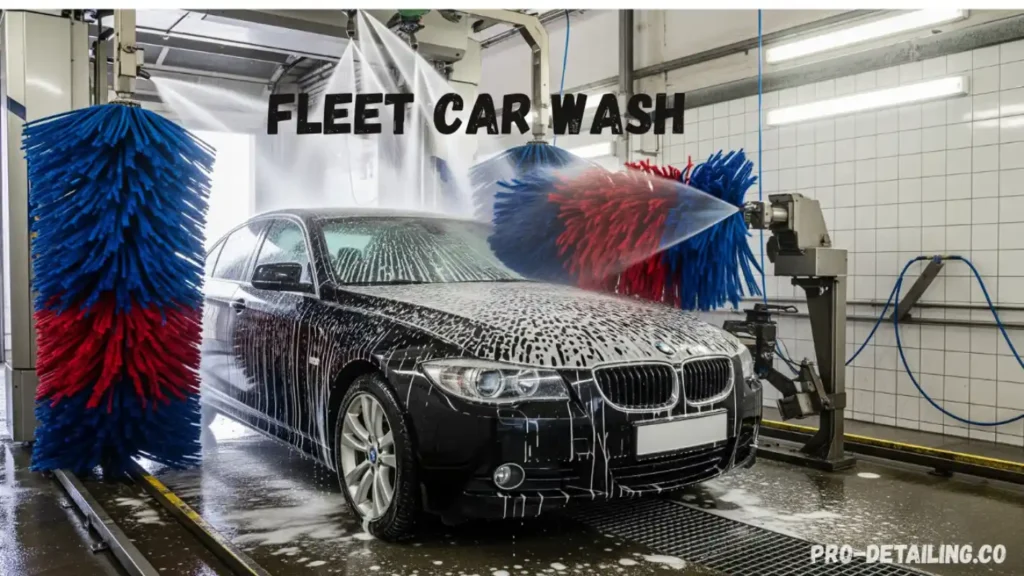
Credit: pro-detailing.co
Vehicle Modification Laws
Vehicle modification laws in Virginia establish clear guidelines for modifying cars. These laws protect safety on the roads and help keep vehicles street legal. Car modifications that affect the structure or function of a vehicle must follow state regulations. Understanding these rules is important for car owners and detailing businesses.
Limits On Vehicle Alterations
Virginia law restricts changes that lower a vehicle too much. The body or chassis cannot touch the ground. Fuel tanks must stay safe and protected from damage. Wheels cannot hit the body during normal driving. These limits prevent unsafe modifications and accidents. All changes must keep the vehicle within legal safety standards.
Impact On Detailing Services
Detailing businesses must know these rules to avoid issues. Some modifications affect cleaning and maintenance techniques. For example, lowered cars need careful handling to avoid damage. Detailing shops must check if custom parts follow state laws. Proper care ensures vehicles stay both clean and legal in Virginia.
Consumer Protection
Consumer protection in Virginia’s car detailing industry ensures customers receive honest, quality services. It sets clear rules for businesses to follow. These rules help prevent scams and poor workmanship. Customers have rights if services do not meet expectations. Understanding these protections helps consumers make smart choices and seek help when needed.
Handling Customer Complaints
Virginia requires car detailers to address customer complaints promptly. Customers should contact the business directly first. Most issues get resolved by clear communication. Detailers must keep records of services and complaints. This documentation supports fair resolution. If a problem remains, customers can report the business to state consumer agencies. These agencies may investigate and mediate disputes.
Legal Recourse For Faulty Work
Customers have legal options if car detailing work is faulty. They can demand repairs or refunds from the business. If the business refuses, customers may file a complaint with Virginia’s Attorney General’s office. Small claims court is another option for disputes under a certain amount. Keeping all service records and photos helps build a strong case. Legal steps protect consumers from unfair business practices and poor workmanship.
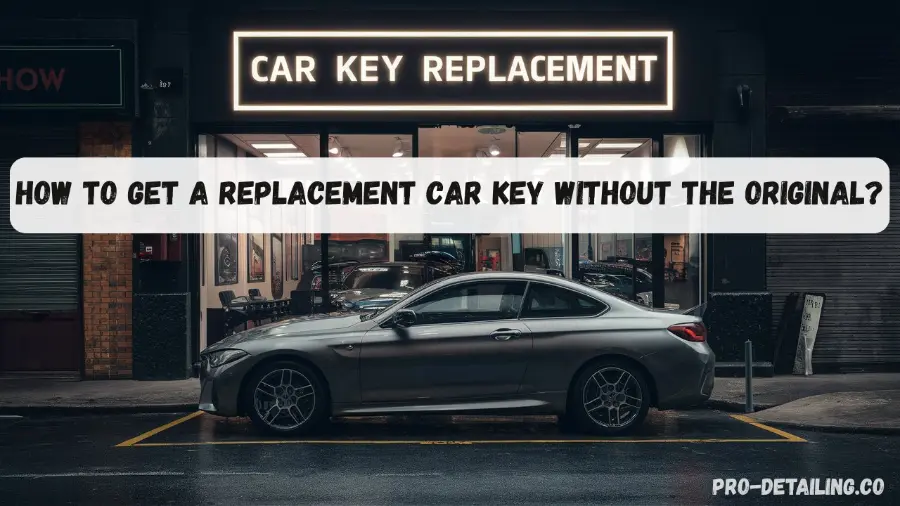
Credit: pro-detailing.co
Street Legality And Safety Standards
Car detailing in Virginia must follow street legality and safety standards. These rules ensure vehicles remain safe on public roads after detailing. Compliance prevents fines and keeps drivers protected. Understanding these standards helps detailers and vehicle owners prepare cars properly for the street.
Essential Vehicle Requirements
Virginia law sets clear rules for vehicles on public roads. Cars must have proper ground clearance to avoid scraping the road. Tires must be in good condition and meet size standards. Brakes need to work efficiently for safe stopping. Lights, including headlights and brake lights, must function correctly. Bumpers should be intact and secure. License plates must be visible and properly mounted. Windshields and windows must not be tinted beyond allowed limits. Emission control systems have to meet state regulations to reduce pollution.
Effect On Detailing Practices
Detailers must consider these laws during service. Using only approved cleaning products helps protect emission systems. Careful attention prevents damage to lights and bumpers. Detailers avoid altering ground clearance or suspension in ways that break rules. Polishing or tinting must follow legal limits. Proper cleaning keeps license plates clear and readable. Following safety standards maintains the vehicle’s street legality. This focus protects customers and builds trust in detailing services.
Frequently Asked Questions
Do You Need An LLC for Auto Detailing?
You don’t need an LLC to start an auto detailing business. Forming one protects personal assets and adds credibility.
Is It Illegal To Modify Your Car In Virginia?
Modifying cars in Virginia is legal if changes don’t cause the body or chassis to touch the ground, expose the fuel tank, or let wheels contact the body during normal use.
Can You Sue A Dealership For Selling You A Bad Car In Virginia?
You can sue a Virginia dealership for selling a bad car by filing a complaint or suing in small claims court. Gather repair records and dealer communications as evidence.
What Makes A Car Street Legal In Virginia?
A car is street legal in Virginia if it has proper ground clearance, functioning emissions control, tires, brakes, bumpers, lights, windshield, hood, and a visible license plate.
Conclusion
Understanding Virginia’s car detailing laws helps you stay legal and safe. Follow rules about water use and chemical cleaners carefully. Use only approved facilities that handle wastewater properly. Avoid illegal vehicle modifications to prevent fines or penalties. Keep your car street legal by meeting all safety standards.
Respect local restrictions on car washing and detailing activities. This knowledge protects your business and the environment. Staying informed keeps your car and community in good shape.

